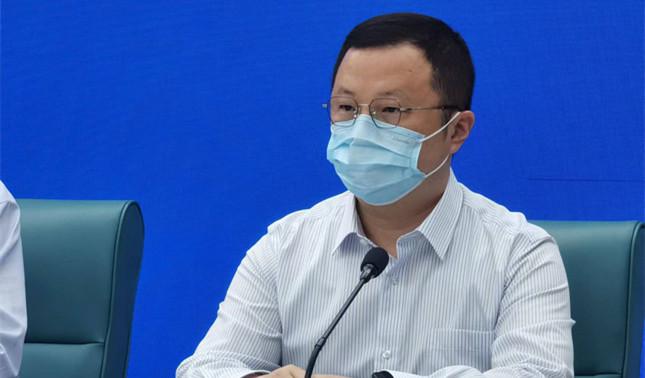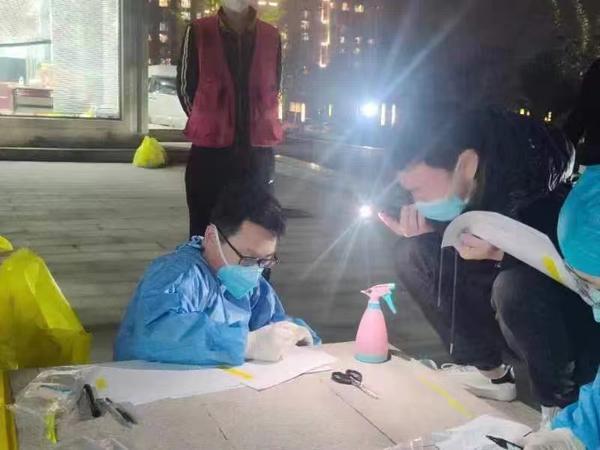The COVID-19 pandemic, an unprecedented global health crisis, has reshaped the world's daily life and economic landscape since its first reported case in December 2019. The virus, a member of the coronavirus family, was initially identified in Wuhan, China, and swiftly spread across borders, infecting millions and claiming thousands of lives globally. The World Health Organization (WHO) declared it a pandemic on March 11, 2020, marking a turning point in the global response efforts.
The COVID-19 virus, known formally as SARS-CoV-2, is highly contagious, with symptoms ranging from mild to severe respiratory illness. It has posed a significant challenge to healthcare systems worldwide, overwhelming hospitals and straining resources. Governments have implemented various measures to curb its spread, including lockdowns, travel restrictions, and social distancing. These measures have caused unprecedented economic disruptions, with businesses shutting down, job losses mounting, and supply chains disrupted.
Scientists around the world have raced to develop vaccines and therapeutics. In early 2021, multiple vaccines were approved for emergency use, offering a glimmer of hope amidst the darkness. Vaccine distribution, however, has been uneven, with some countries facing challenges in accessing and administering these life-saving shots. The pandemic has underscored the importance of global cooperation and solidarity in times of crisis.
The economic fallout has been severe, with global GDP contraction estimated at historic levels. Small businesses and informal sectors have been particularly hard hit, while large corporations have also felt the pinch of reduced demand and supply chain disruptions. The pandemic has also exposed vulnerabilities in our digital infrastructure, highlighting the need for robust cybersecurity and digital resilience.
Moreover, the mental health impact of the pandemic cannot be overlooked. Isolation, uncertainty, and the fear of infection have taken a toll on individuals and communities. Mental health services have been stretched to their limits, underscoring the importance of mental well-being during times of crisis.
As we navigate this unprecedented time, the COVID-19 pandemic serves as a wake-up call for global preparedness and resilience. It has underscored the need for stronger public health systems, improved infrastructure, and enhanced global collaboration. The pandemic's aftermath will be marked by lessons learned and a renewed commitment to building a more resilient and inclusive world.
转载请注明来自爬爬百科,本文标题:《全球健康危机,COVID-19大流行的展开》












 京ICP备11000001号
京ICP备11000001号
还没有评论,来说两句吧...